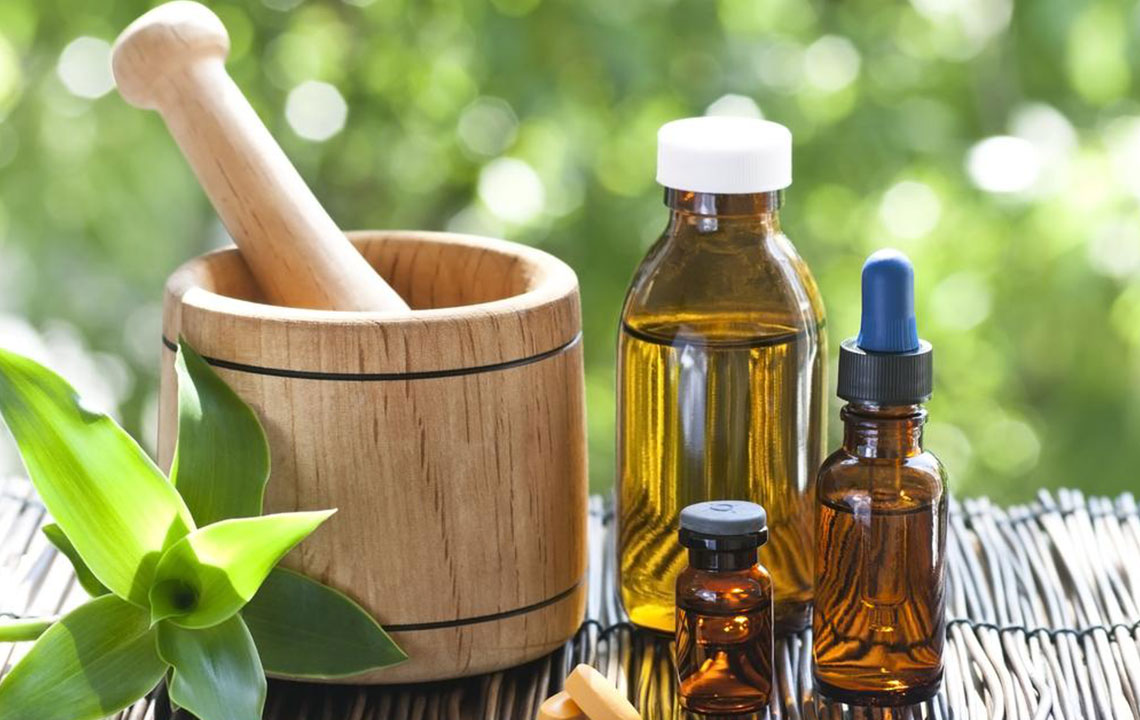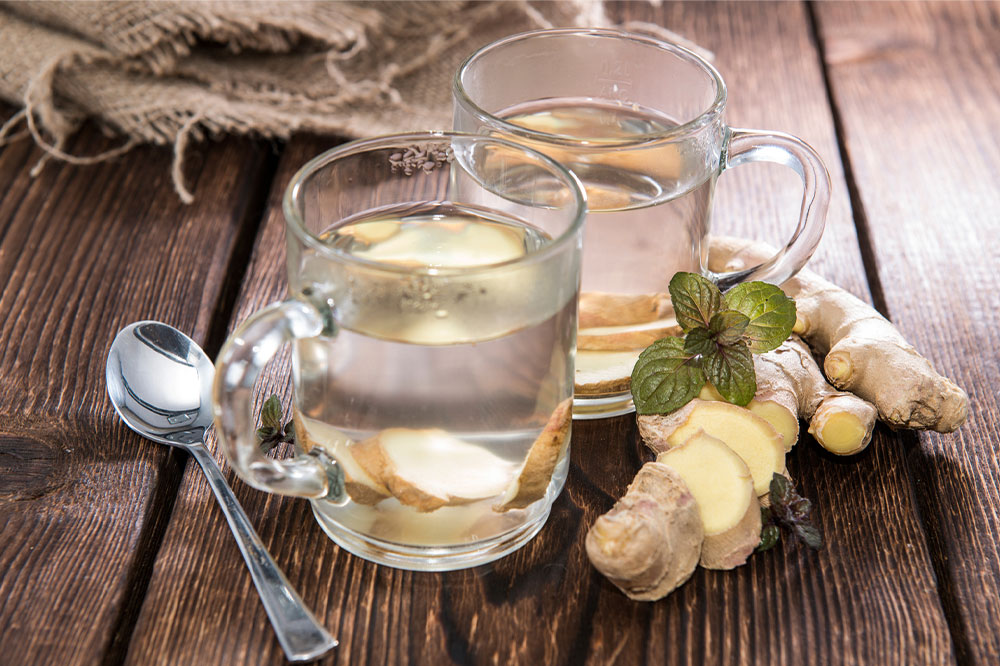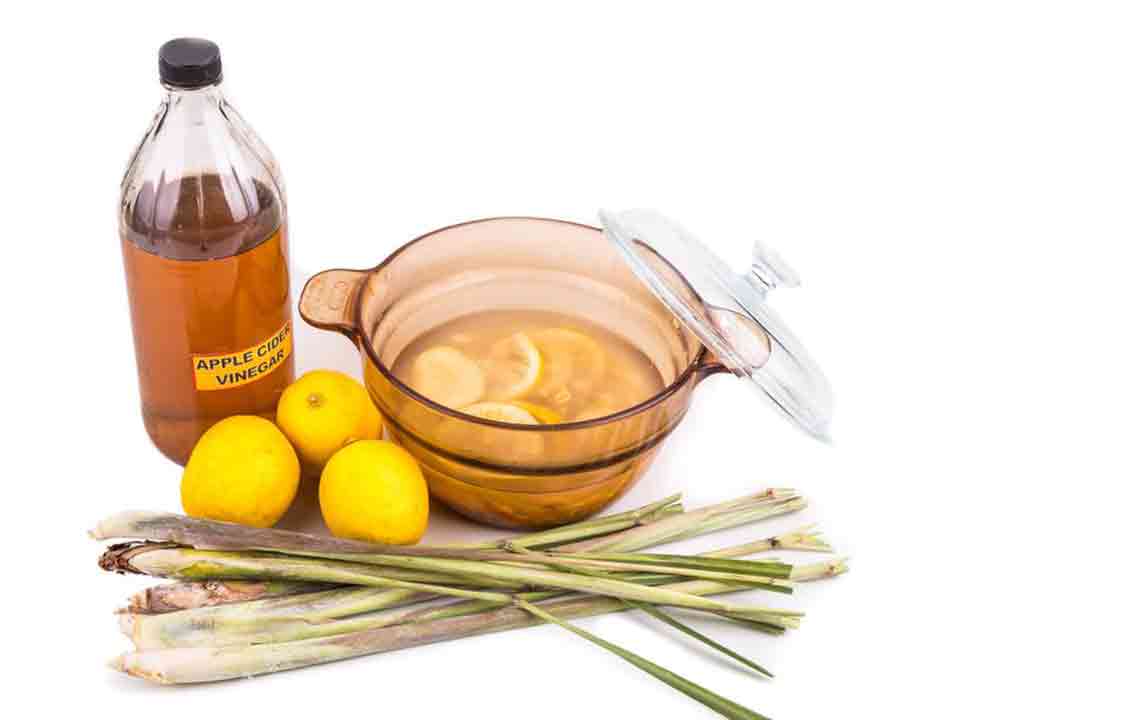Comprehensive Guide to Managing Overactive Bladder Symptoms Naturally and Effectively
This comprehensive guide offers effective natural and lifestyle strategies for managing overactive bladder (OAB). It covers herbal remedies, dietary tips, exercises, and lifestyle modifications proven to alleviate symptoms and improve bladder health. Emphasizing a holistic approach, it provides valuable insights for those seeking drug-free solutions to regain control over their urinary health and enhance quality of life.

Comprehensive Strategies for Managing Overactive Bladder Symptoms
Overactive bladder (OAB) is a prevalent condition characterized by an urgent and often uncontrollable need to urinate, which can significantly interfere with daily activities and reduce overall quality of life. It affects people across different age groups, from young adults to seniors, and can lead to embarrassment, social isolation, and emotional distress if not properly managed. Understanding how to effectively handle this condition is essential for those impacted.
This comprehensive guide explores various management techniques, including lifestyle adjustments, behavioral therapies, and natural remedies. It emphasizes the importance of proactive measures to minimize symptoms and improve bladder health, offering a holistic approach suitable for everyone seeking relief from OAB.
While medications are available for OAB, many individuals prefer to start with non-invasive methods before turning to pharmaceuticals. Lifestyle modifications—such as fluid regulation, dietary changes, and pelvic floor exercises—play a critical role in symptom control. Additionally, integrating herbal remedies and specific exercises can enhance bladder function and overall wellness.
Understanding the underlying causes of OAB, which may include neurological conditions like Parkinson’s disease, weakened pelvic muscles, or obstruction within the bladder, can help tailor effective treatment plans. Fortunately, with proper management strategies, OAB can be controlled, allowing individuals to regain confidence and improve their quality of life.
Natural and Holistic Remedies to Alleviate Overactive Bladder Symptoms
Amid growing interest in natural health, many individuals are turning to herbal solutions, dietary adjustments, and lifestyle changes to manage OAB. Scientific research and traditional medicine point to several effective natural remedies that have been used for centuries to promote urinary health and reduce symptoms.
Traditional Chinese Herbal Formulations: Among the most promising herbal therapies is Gosha-jinki-gan (GJG), a traditional Chinese herbal blend comprising ten different botanicals. Used for centuries, GJG has demonstrated potential in improving bladder control and reducing urgency episodes. A typical dosage of 7.5 mg daily has been shown to support daytime continence and improve overall bladder function.
Lingzhi Mushroom (Ganoderma Lucidum): Known as reishi in many parts of East Asia, this medicinal mushroom is celebrated for its immunomodulatory properties and wide-ranging health benefits. Regular intake of about 6 mg of Lingzhi mushroom extracts can help strengthen urinary health by reducing inflammation and supporting tissue repair in the bladder.
Corn Silk: Derived from the stigmas of maize flowers, corn silk is a natural diuretic used traditionally across France and China. It helps in strengthening urinary tract mucous membranes, thereby reducing the frequency of bedwetting and increasing bladder resilience.
Capsaicin: Present in hot chili peppers, capsaicin has been explored for its ability to diminish pelvic and bladder pain. It works by desensitizing nerve endings, which can help in alleviating the discomfort associated with OAB episodes.
Kohki Tea: This unique tea, extracted from certain subtropical plants in China, is rich in antioxidants. Consuming Kohki tea regularly may help protect bladder tissues and improve functional capacity, reducing the severity of symptoms.
Pumpkin Seeds: Packed with omega-3 fatty acids and other nutrients, pumpkin seeds contribute to reducing inflammation and supporting urinary health. Regular consumption can help minimize OAB symptoms by maintaining general pelvic and bladder health.
Dietary and Lifestyle Modifications: Adopting a diet high in fiber from fruits, vegetables, and whole grains can alleviate constipation—a common aggravator of bladder issues. Maintaining a healthy weight reduces pressure on the bladder, decreasing urgency and frequency. Incorporating pelvic floor exercises, such as Kegel exercises, enhances muscle tone and improves continence.
Foods and Substances to Avoid: Certain dietary choices can worsen OAB symptoms. It is advisable to limit or avoid artificial sweeteners, alcohol, caffeine, citrus fruits, carbonated sodas, spicy foods, chocolates, and tomato-based products. These irritants can increase bladder sensitivity and trigger episodes of urgency.
Home remedies for OAB, particularly when tailored to individual needs and symptom severity, are highly effective. Combining these natural strategies with healthy lifestyle choices enables individuals to manage symptoms proactively, reduce dependence on medication, and achieve better quality of life.





